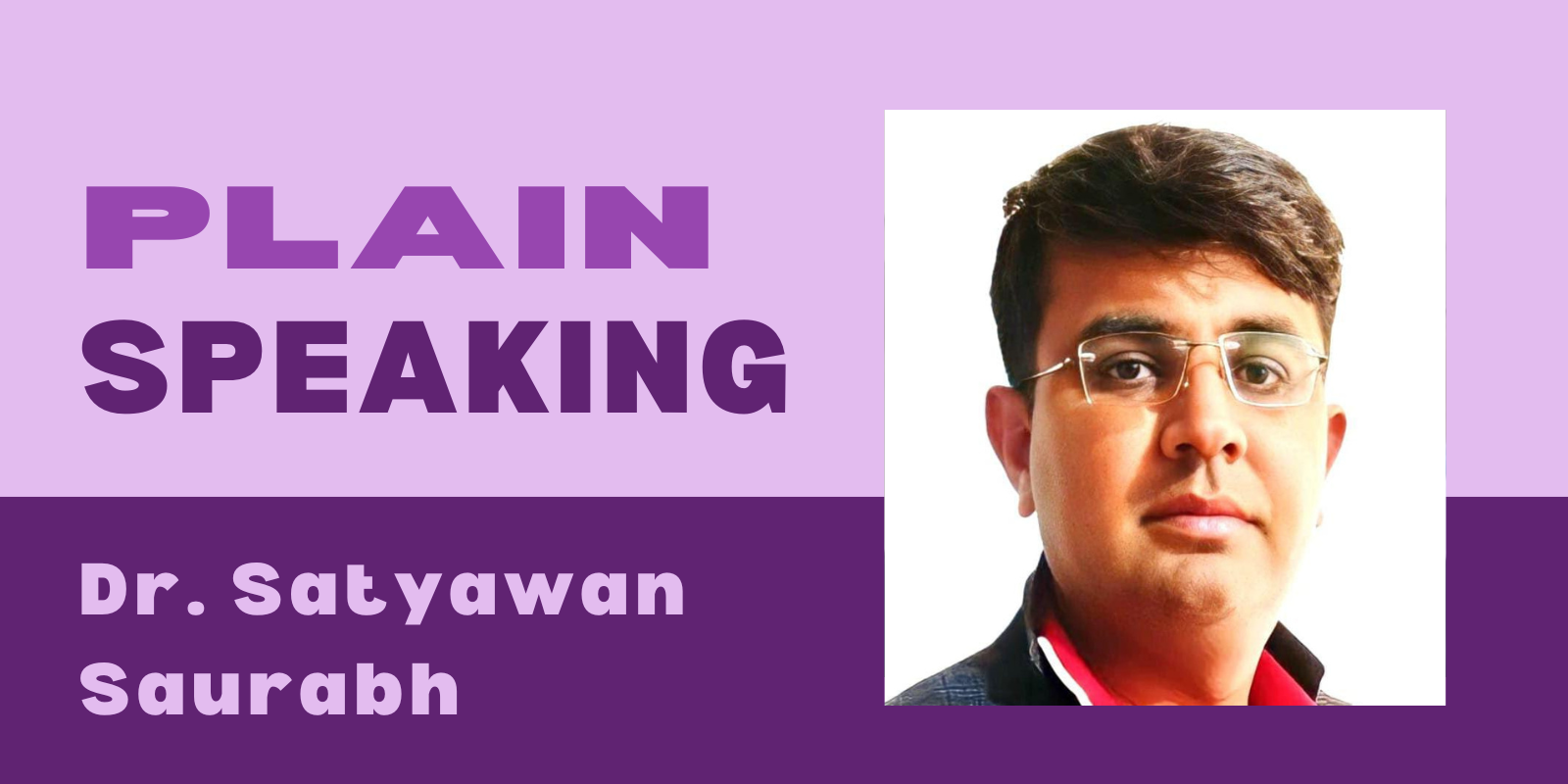Editors usually want unique and original works to maintain the exclusivity of their magazines. On the other hand, writers should have the freedom to send their works to as many places as possible, especially since editors have the right to accept or reject works without any deadline. In the world of literature and publishing, both editors and writers have an important role to play. If transparency and balance are maintained, it will be beneficial for both, and the purpose of literature—the dissemination of ideas—will be fully realized.
There has been a long-standing debate in the literary publishing world about whether an author should have the freedom to send his works to more than one magazine. While editors are free to publish or not publish any work, and no time limit is imposed on them, why should an author not have the right to send his work to as many places as he wants? This question has become even more relevant in today’s digital age, where the speed of dissemination of information and content has become extremely fast.
Editorial View: The quest for uniqueness
Most editors believe that the credibility and reputation of a magazine depend on the fact that the material published in it is original and unique. If a work has already been published in another magazine, then the readers would have already read it, which may affect the uniqueness of the new magazine. Editors also believe that if the same work is published in many places, then the readers may lose trust in the magazine.
In addition, another important argument from the editorial point of view is that if an author submits the same work to multiple places and it is accepted by multiple editors, it may create confusion between journals. Therefore, many journals follow the policy that they will accept only those works that have not been published elsewhere before.
Freedom of the Author: Rights and Limits
From the point of view of the authors, this policy sometimes seems unfair. When the editor has the freedom to choose the best material for his magazine, the author should also have the right to increase the chances of publication by sending his work to as many places as possible.
Delay in publication
Sometimes, editors hold on to articles for months and eventually reject them. This wastes the author’s valuable time, and their work remains unpublished for a long time. Many authors wait for months or years just to submit their work to a magazine, but if it is finally rejected, their options are limited.
Different readerships
Every magazine has its own readership. If a work is published in many places, it can be beneficial for the author as his work reaches more and more readers. It has also been observed that different magazines focus on different topics so that the author’s work can reach the right readers on different platforms.
Author’s rights
Just as the editor has the freedom to choose the best works for his magazine, similarly the writer should also have the freedom to send his work wherever he wants. If the editor has the right to reject the work at any time, then the writer should also have the right to get more opportunities by sending his work to different platforms.

Changing rules in the digital age
In today’s digital age, where there are plenty of blogs, online magazines, and social media platforms, this debate has taken on a new form. While earlier writers had to struggle to get published in print magazines, now they can publish their works on various online platforms.
New possibilities of online publishing
Now many online magazines and blogs are providing platforms where writers can publish their works without any restrictions. This is not only giving more freedom to the writers but also increasing the availability of content for the readers.
Content syndication and cross-platform publishing
Many big media houses and digital publishing groups are now adopting the process of “content syndication,” where the same content is republished on different platforms. This gives writers an opportunity to reach more viewers and readers.
The need for solutions and balance
The solution to this debate lies in establishing a balance. Some possible solutions can be found by taking into account the concerns of both sides:
Transparent editorial policy
If a journal wishes to publish only original works, it should clearly state this rule and also specify the time frame in which a decision will be made. This will give authors clarity on how long they should keep their work in reserve for a journal.
Allow shared publishing.
Some journals may adopt a policy that they will accept works that have previously reached a limited readership but not a wider one. This may be a middle ground, protecting the interests of both authors and editors.
Editing and republishing facilities
If a work has been published earlier, it should be allowed to be republished after slightly modifying and updating it. This will not only maintain the exclusivity of the magazines but will also allow the authors to present their works again.
In the world of literature and publishing, the contributions of both authors and editors is important. On one hand, editors have the responsibility to provide new and original content to their readers, and on the other hand, the rights of authors must also be protected. If a healthy and transparent system is developed, it will be beneficial for both parties. Ultimately, the purpose of literature is to spread ideas and expand knowledge, and there should be no room for unnecessary restrictions in it.
Is a perfect balance possible?
The answer to this question is not easy, but this debate can encourage transparency and dialogue in the literary community. If journals respect authors’ rights and authors understand and act by editorial policies, a better publishing culture can be created.







